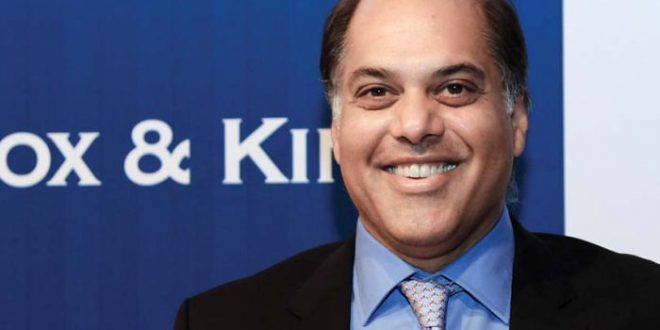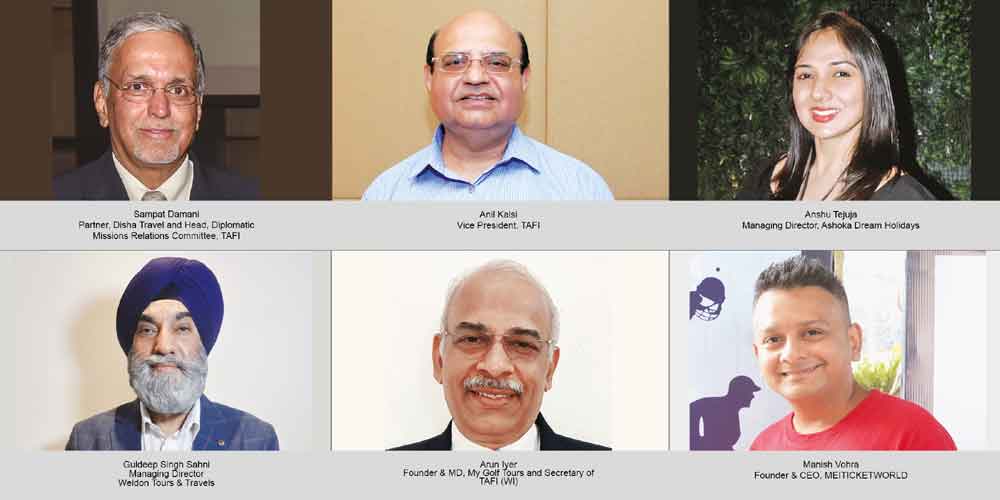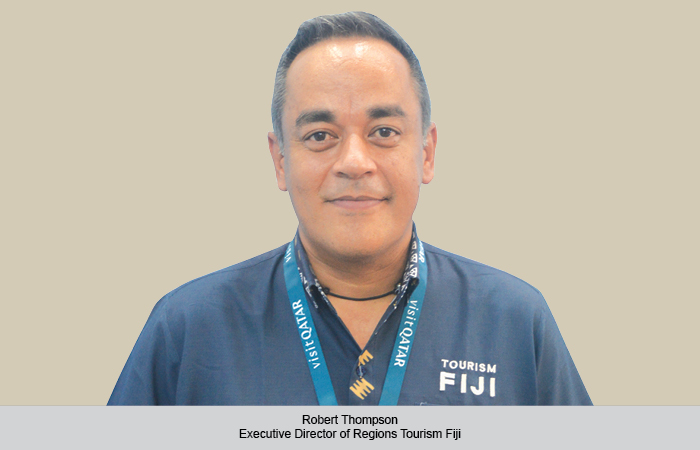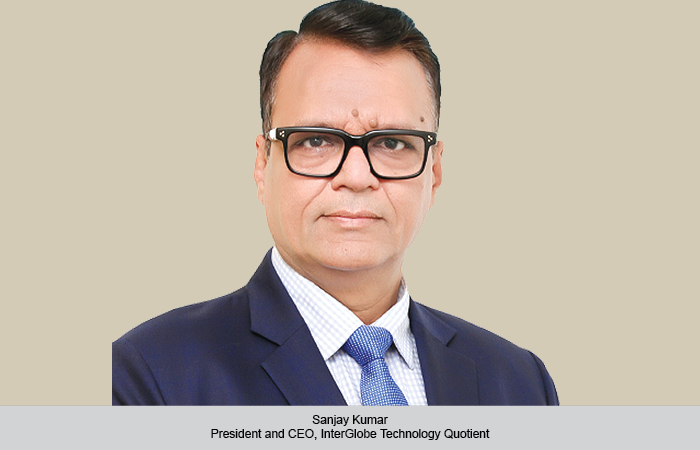Extremely satisfied with the way its franchisee model is working in India, Group CEO, Peter Kerkar, says that Cox & Kings (C&K) now plans to expand this model to 300 more outlets in the country.
HAZEL JAIN
Q) How is the franchise model working for Cox & Kings?
We chose to take the franchise route because each franchisee acts like an entrepreneur–the dedication they have in selling our holidays and the way they get to the grassroot level. We have chosen people who are high on taking initiatives and then give them an advertising and a marketing platform that allows them to use their entrepreneur spirit combined with the technology and strength of Cox & Kings.
Q) How does this help Cox & Kings?
This allows us to not only penetrate the main cities but also the Tier-II and Tier-III cities. We currently have 150 franchises and plan to extend this to around 300 across India. It’s worked incredibly well for us. When we first started our operations, franchises accounted for three per cent of our sales. They currently do 50 per cent of our sales. We have actually closed our own offices in many locations and operate only through franchises.
Q) What are the main focus areas of C&K in 2017-18?
The focus is on market domination as we want to continue to maintain our No. 1 position in the outbound market in India and in the education travel market overseas. We also want to maintain the most profitable hotel-hostel model in the world and continue to roll out our projects both abroad and hopefully India in the next 24 months.
Q) C&K has also been focusing on reducing debt. What’s the current status?
We continue to focus on reducing debt. When we did our leverage buyout, we were at approximately Rs. 6,000 crore of debt. Today it is at Rs. 3,400 crore and we have committed to the market and our shareholders that we will bring it down by Rs. 300-500 crore every year because we generate that kind of cash in the business.
Q) Your comments on the impending GST?
Anything that formalises the economy and captures trade and traction helps organised players like us. We want people to be in the formal economy because we don’t deal with that side of business. GST is another way of bringing people from informal economy to the formal economy and that is always beneficial to organised players.
Q) What is your take on traditional operators v/s OTAs?
As of today, every offline player has an online element. We ourselves have close to Rs. 5,000 crore of turnover that comes through the net. India is unique in that and our specialisation is to deal with complex, dynamic packaging and itineraries which today are delivered not just by Indian OTAs but by big OTAs worldwide. So I think we are in a very strong position. Also, the customers love interacting and where there is a human element, where they know they can hold the company responsible, they need visa, foreign exchange, etc. and we provide full service to them and we do not abandon our clients ever.
Social Bond
- Cox & Kings set up a school in Pune and is sponsoring over 200 underprivileged children
“When we first started our operations, franchises accounted for three per cent of our sales. They currently do 50 per cent of our sales”,-Peter Kerkar Group Chief Executive Cox & Kings, India Travel Award winner
 TravTalk India Online Magazine
TravTalk India Online Magazine





